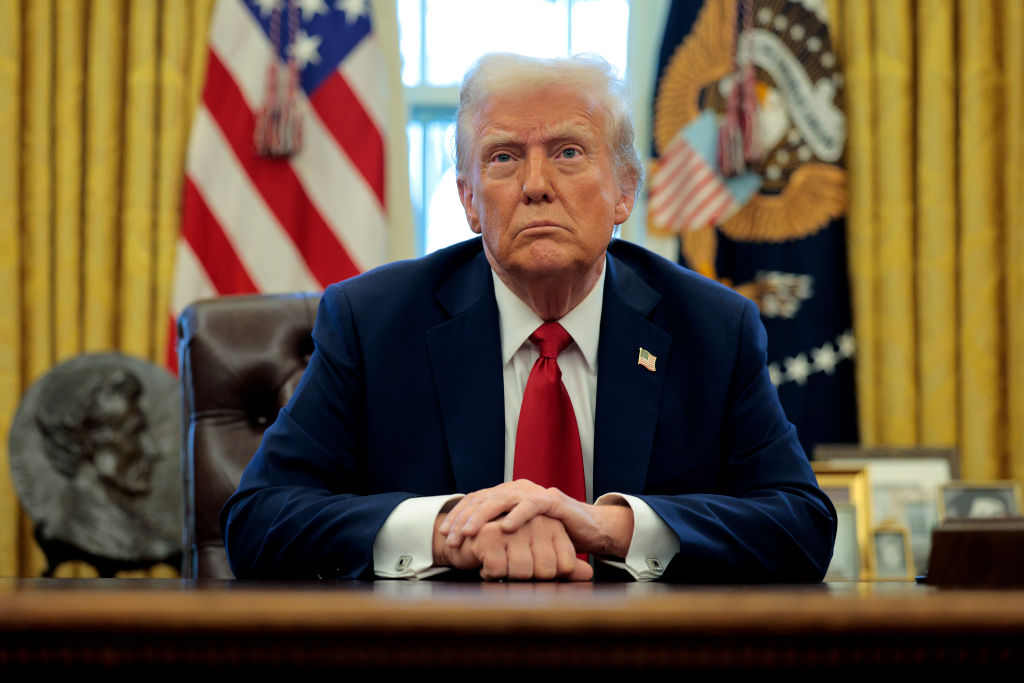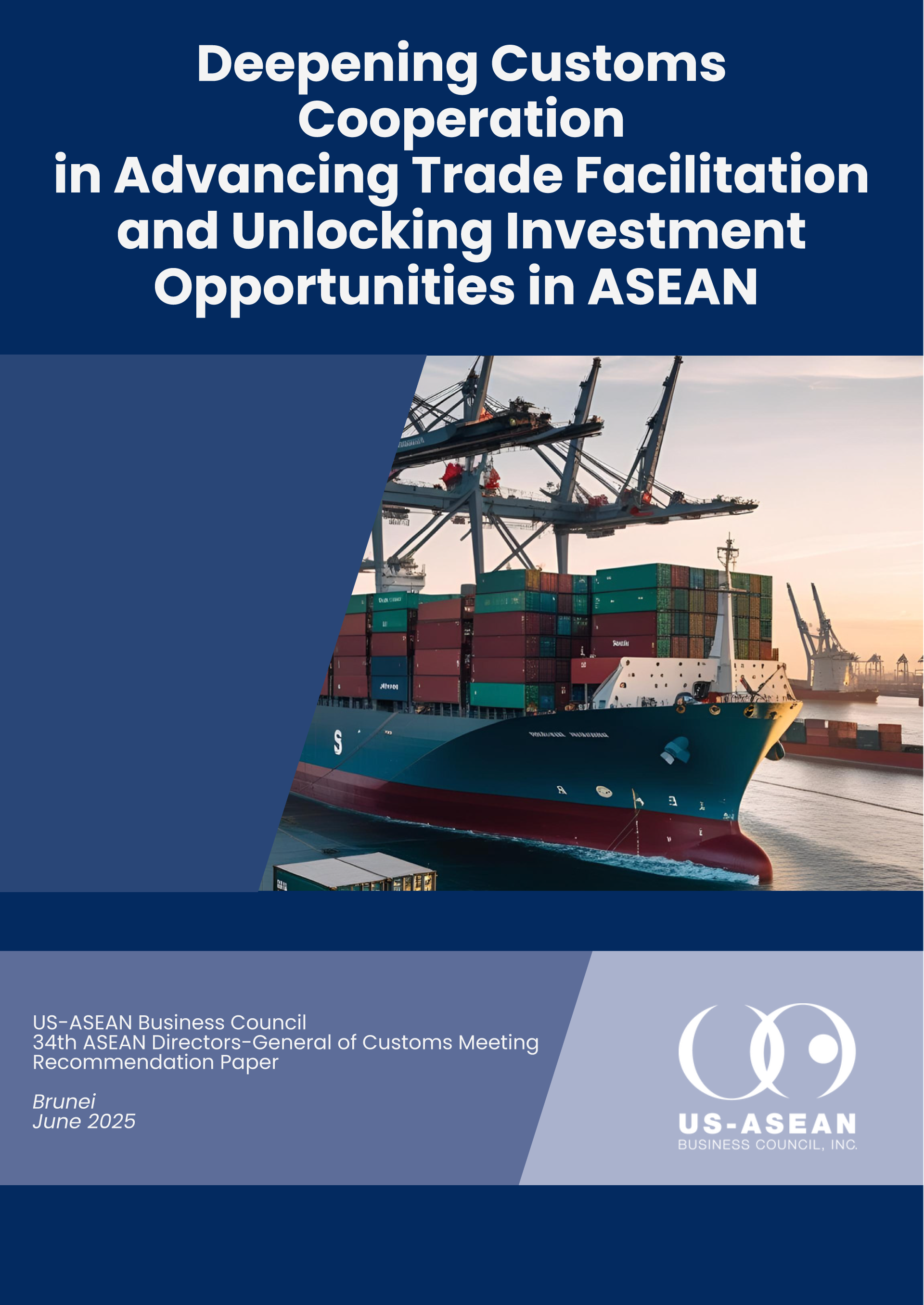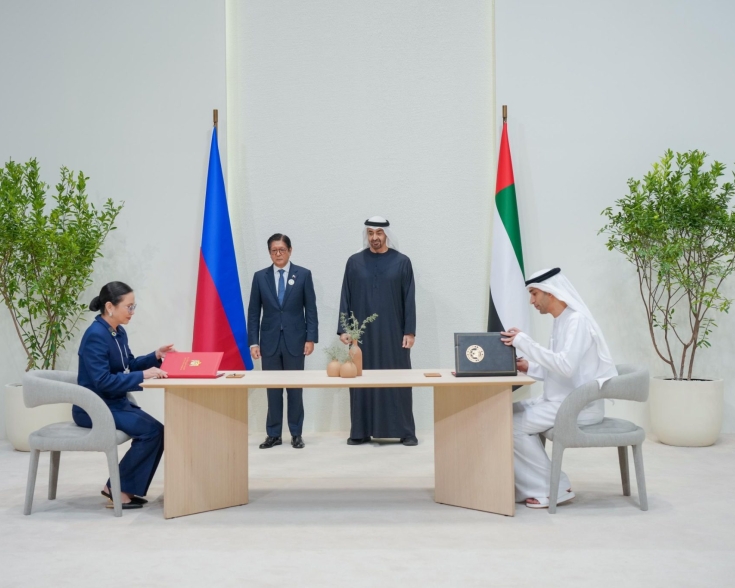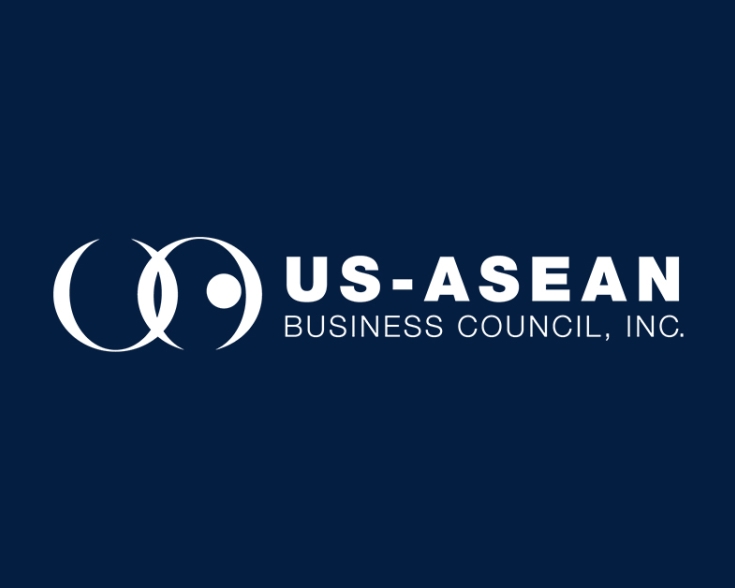Cambodia Prioritizing Diplomacy in Trade Negotiations with the U.S. in Response to Tariffs
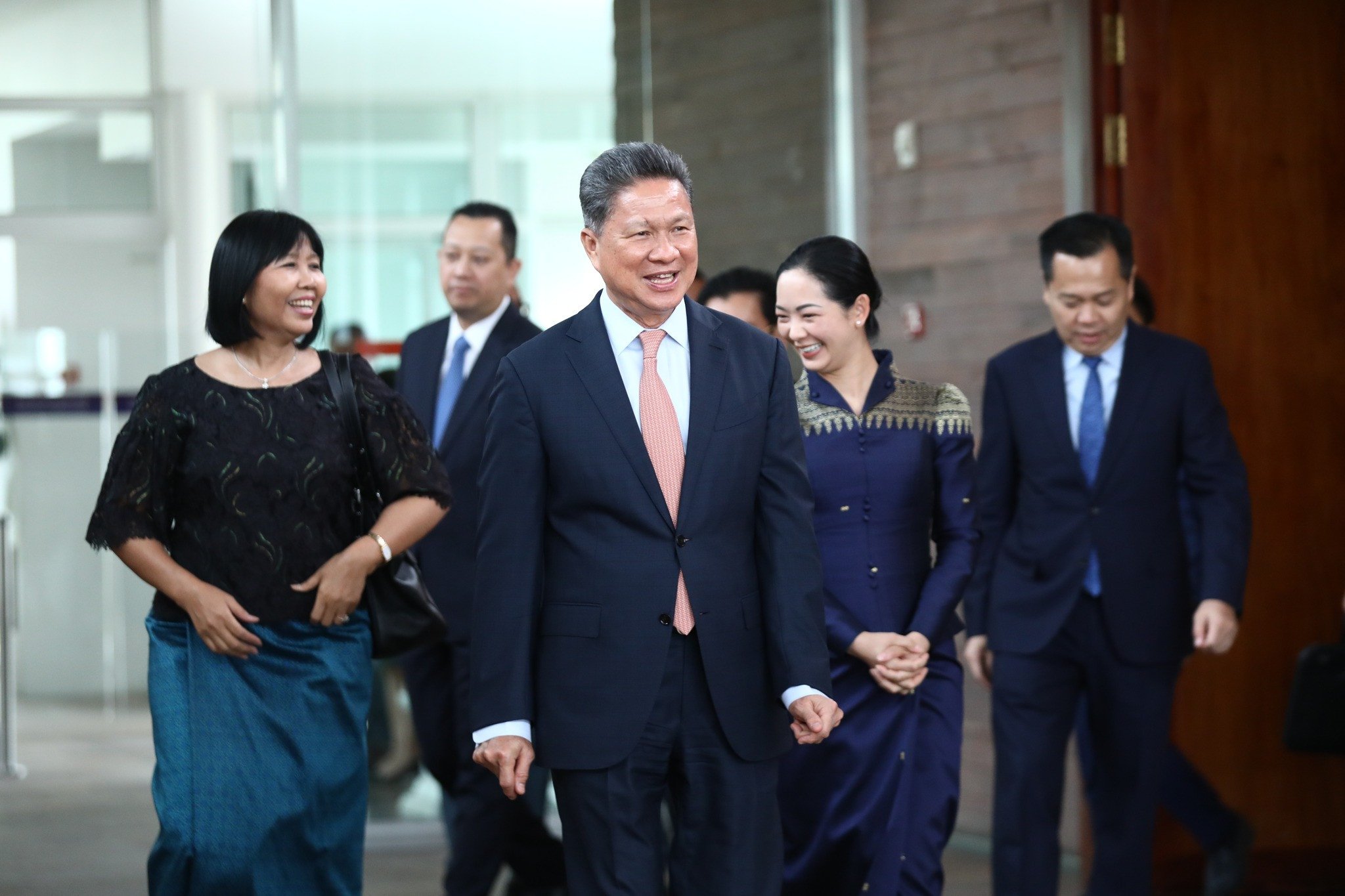
Cambodia has officially launched its first round of bilateral trade negotiations with the United States in Washington, D.C., from May 13–15, aiming to address one of the highest tariff rates imposed by the Trump administration—currently a staggering 49% on key Cambodian exports. The talks, led by Deputy Prime Minister Sun Chanthol and Commerce Minister Cham Nimul, were held with Sarah Ellerman, the Assistant U.S. Trade Representative for Southeast Asia and the Pacific. While the official Cambodian statement emphasized a “frank and constructive” dialogue focused on strengthening trade and investment, it made no direct reference to the contentious tariffs. However, the broader context leaves little doubt that the issue loomed large over discussions, as Cambodia’s garment and footwear exports—making up nearly 38% of its total outbound trade—are heavily reliant on the U.S. market. The talks come at a critical time: Moody’s recently downgraded Cambodia’s outlook to negative, citing the economic uncertainty posed by these tariffs.
The Royal Government of Cambodia has treated the issue with urgency, framing it as a top priority and signaling a commitment to pragmatic diplomacy. In response to the initial tariff spike in April under Trump’s “Liberation Day” trade policy, which introduced sweeping reciprocal tariffs, Cambodia swiftly lowered duties on 19 categories of U.S. goods and cracked down on customs irregularities to demonstrate goodwill. Prime Minister Hun Manet even wrote to President Trump proposing a constructive way forward, prompting the U.S. to temporarily reduce the tariff to 10% for a 90-day negotiation window. Economic researcher Hong Vanak noted that while Cambodia’s delegation has achieved some early progress, any final agreement will likely require further concessions tied to both economic and geopolitical considerations. A second round of negotiations is scheduled for early June in Washington, and officials remain cautiously optimistic. The Cambodian government is positioning itself as a cooperative yet sovereign partner in a shifting global trade landscape—one that requires deft navigation of great-power competition while securing tangible economic relief for its vital manufacturing sector.



